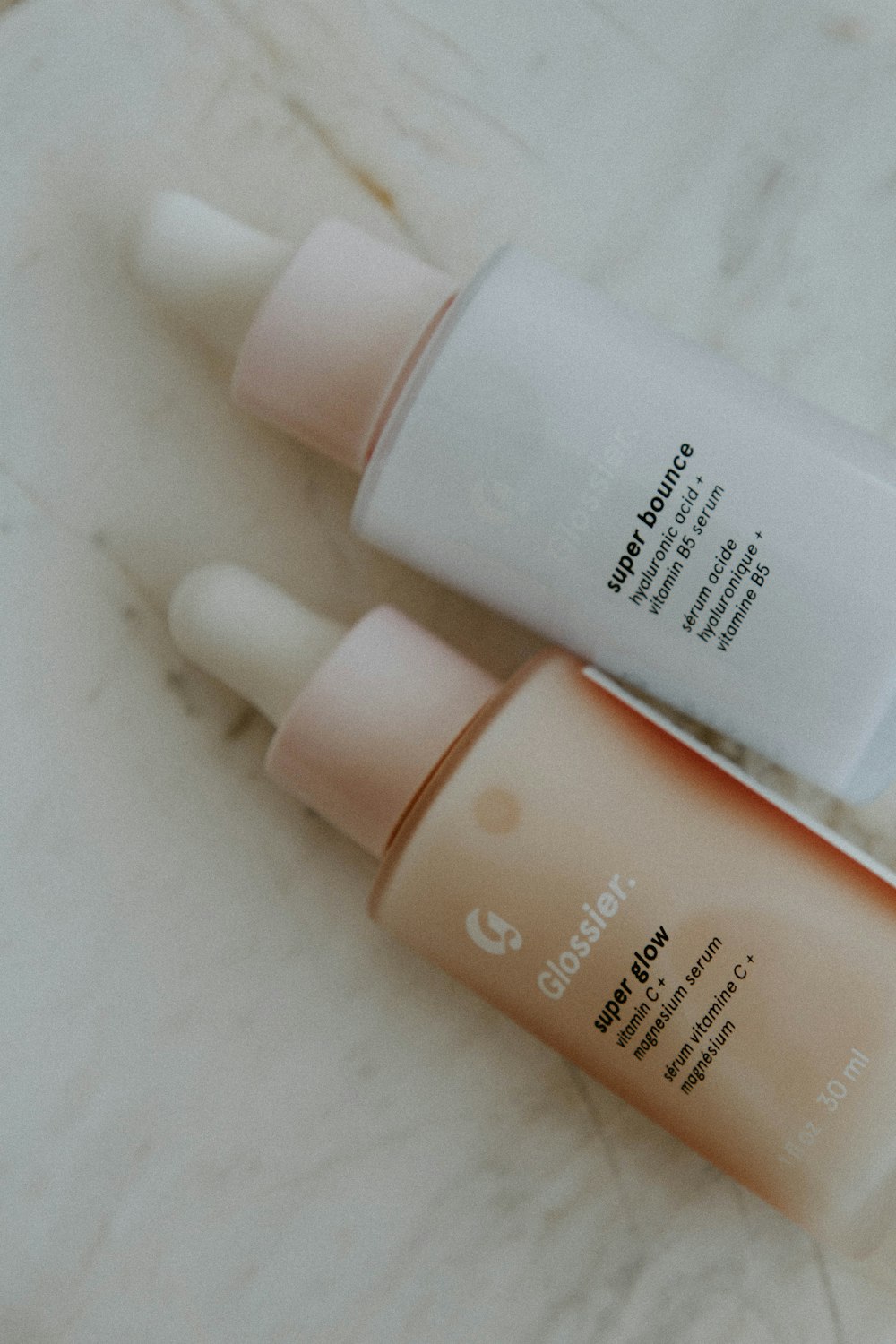You’ve probably heard about Vitamin C Hyaluronic Acid Serum but do not know what it is used for. If you fall into that category of people who seek reviews on this skincare product, then this article is for you.
If there is one skincare product that several beauty enthusiasts cannot do without in their skincare routine, it is serum. Most serums provide intense hydration and nourishment for the skin. It contains an antioxidant-rich blend of Vitamin C, hyaluronic acid, and other natural ingredients that are known to help reduce wrinkles, brighten complexions, and improve overall skin health.
Talking about the vitamin C hyaluronic acid serum, reviews of this serum have been overwhelmingly positive, with many people reporting visible improvements in their skin after using it regularly for several weeks.
Most users report that their complexion looks brighter and more even-toned, while fine lines appear softer or less noticeable after use. Furthermore, they say the serum absorbs quickly into the skin without leaving any greasy residue behind.
The Benefits of using Vitamin C Serum
- Helps stimulate collagen production for firmer skin.
- Brightens dull complexions
- Reduces redness caused by inflammation or sunburn
- Evens out discoloration from age spots or acne
- Its hydrating properties keep your skin looking healthy all day
Difference between Vitamin C Serum and Hyaluronic Acid Serum
The main difference between vitamin C serum and hyaluronic acid serum is the active ingredients they contain.
Vitamin C serums typically contain ascorbic acid or L-ascorbic acid, which is a powerful antioxidant known for its ability to reduce inflammation, brighten the complexion, etc.
Hyaluronic acid serums, on the contrary, usually feature sodium hyaluronate, which helps attract moisture into your skin cells, giving it a more hydrated look while also helping with signs of aging like wrinkles by plumping up fine lines from within.
When to apply hyaluronic acid and vitamin C
Hyaluronic acid is best applied at night before bedtime because its main purpose is to help keep your skin hydrated throughout the night. It works by drawing water from other sources into your skin cells so that they can stay plump and full of moisture all day long.
Vitamin C, on the other hand, should be applied during the day as a form of protection against environmental damage caused by things like sun exposure. Applying it in the morning ensures that your skin has all-day protection against free radicals, which can cause premature aging or discoloration.
The combination of hyaluronic acid and vitamin C is an incredible anti-aging regimen as both work together. While one helps keep moisture locked into your cells overnight, the other protects them from outside damage during daylight hours. Therefore, it’s important to make sure you’re using these products correctly to maximize their effectiveness.
How To Use Hyaluronic Acid Serum
First, make sure you cleanse your face before applying any type of skincare product, including hyaluronic acid serum. This will ensure that all dirt and oil are removed from the surface of your skin so that it has maximum absorption potential when using this particular type of treatment.
After cleansing, apply two or three drops directly onto the freshly cleansed face or neck area (avoiding the eyes), then gently massage into the skin until fully absorbed—2-3 minutes should be enough.
You may also want to consider adding another layer, such as moisturizer, after application for added hydration benefits. However, this step is not necessary with every use unless desired results aren’t achieved.
Remember not to overuse hyaluronic acid serum by applying too much at once. It is recommended that you start small with just one drop per application until you get comfortable with the usage and amounts needed.
When done correctly, this treatment helps in reducing wrinkles and fine lines while boosting collagen production, which helps keep the complexion looking youthful and healthy.
Pros and Cons of Vitamin C Hyaluronic Acid Serum
One of the biggest advantages of using Vitamin C Hyaluronic Acid Serum is its powerful antioxidant properties, which help protect against environmental damage such as UV radiation from the sun.
In addition, studies have shown that using this type of serum can help improve collagen production, which helps keep skin looking young and supple while reducing wrinkles over time when used regularly.
Finally, vitamin C hylauronic acid serums may be helpful for those suffering from acne scars because they work by lightening discoloration caused by scarring.
On the downside, one possible disadvantage associated with using vitamin C and hylauronic acid serums is that some people may experience sensitivity reactions if their skin isn’t used to these types of ingredients, so it’s important to always do patch tests before applying any new product to your face or body.
Lastly, although hylauronic acid is known for providing intense hydration, it could potentially clog pores if applied too often, leading to breakouts, especially if you already have an oily or acne-prone skin type.
Conclusion
When using Vitamin C Hyaluronic Acid Serum, it should be applied directly to clean, dry skin twice a day for best results: once in the morning before applying sunscreen or makeup, if desired, and once at night after cleansing off any makeup.
A small amount should be rubbed gently into all areas of the face until completely absorbed. This will ensure maximum absorption into your pores, so you get all its beneficial effects.
Furthermore, when using this product, make sure not to combine it with any other active ingredients such as retinol or alpha-hydroxy acids, this could irritate sensitive skin types due to their potency levels when combined.


